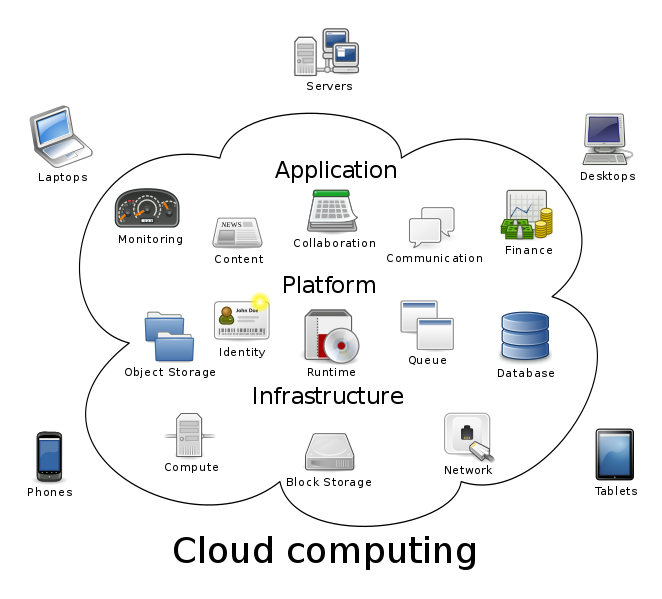Latest Skills That Are In Demand For Engineers


The engineering industry contributes to some of the greatest technological innovations. Though engineering jobs are here to stay, organizations expect engineers to keep pace with the latest technological advancements in the field.
Consequently, it is crucial for engineers to get out of their comfort zone and acquire new skills that can help them stay relevant and competitive in the industry.
Here are eight most-sought-after skills that are in demand for engineers to advance in their career.
The software development sector is growing at a dizzying pace owing to its demand in almost every industry. Software development requires more than mere programming skills. Organizations are constantly looking for engineers who can develop embedded systems that can be used in electronic components and equipment, airplanes, cars, and medical devices. They are also looking for people who can build algorithms and analyze and solving issues related to programming in an efficient manner.
A software that solves domain-specific problems requires a thorough understanding of the industry and sound programming and troubleshooting skills.

The world is driven by the internet. Every smart marketer understands that customers look at their mobile devices to access information on their favorite brands and companies.
Technology is changing the way businesses communicate with their customers. Consequently, digital marketing is taking over the advertising segment and individuals with skills in this domain come across as the most desirable candidates to employers. According to an analysis done by LinkedIn, SEO/SEM marketing, marketing campaign management, and channel marketing were amongst the top 25 skills that will continue to remain in demand in the job market.
Thus, acquiring knowledge in the above-mentioned skill sets will not only add value to your resume but also set you up for a secure future.
The Internet of Things is poised to have a huge impact on the businesses around the globe. According to the IHS Markit by the year 2020, there will be nearly 31 billion connected devices.
The expanding IoT applications are bound to affect the jobs landscape, creating a huge demand for experts with skills in this domain. IoT-enabled devices such as sensors, analytics software, embedded systems, and workspace management applications are fundamentally transforming the manner in which businesses operate.
Consequently, this positive IoT trend is bound to open up lucrative career opportunities for engineers and technology professionals with expertise in data security, data science, and technical support.

Businesses are relying on cloud computing for disaster recovery, automatic software updates, to cut the cost of hardware, and increase collaboration with their employees. Cloud-based services are ideal for businesses as it enables them to reduce the size of their data centers. Thus, the reduction in the number of servers, software cost, and the staff can significantly improve the cost efficiency of organizations.
Businesses require professionals who can spearhead the development and implementation of cloud-based initiatives, design multi-platform customer-facing tools, and troubleshoot when problems arise.
In order to get a better understanding of cloud computing, you must be familiar with the following –
Given the widespread use of IoT-enabled devices and cloud computing, cyber attacks and crimes are becoming increasingly common. Consequently, the global information security market is expected to grow by $100 billion in the next five years.
As per the Bureau of Labor Statistics, the job positions in the network and information security sector is projected to grow by 28 percent between 2012 and 2026, which is significantly higher than other occupations.
Broaden your skill sets by pursuing courses on cyber security that offer knowledge about firewall/IDS/IPS, intrusion detection, advanced malware protection, SIEM management, application security development, and cloud computing/virtualization. This will give you a competitive edge over your peers.
With the increasing penetration of smart phones, the overall mobile application usage is on the rise. Statistics reveal that mobile applications make up for more than half the total time spent on fast-operating hand-held devices such as smart phones and tablets.
Consequently, businesses (especially start-ups) are using mobile applications as a platform to promote their brand, communicate with customers, and boost their bottom line.
Both Android and iOS mobile app developing requires you to complement your analytical expertise with creativity, problem-solving, and programming (Java and Objective-C) skills.
According to the U.S. Bureau of Labor Statistics, employment in the AI sector has grown by 20 percent between the years 2006 to 2016. An increasing number of businesses are using artificial intelligence in combination with machine learning and deep learning techniques to automate processes, augment employee performance, and improve customer experience.
Consequently, large organizations and start-ups looking to embark AI projects desire to recruit individuals with skills in data science or statistics, data mining, applied research, and heavy-duty coding. With expertise in machine learning projects, you will be in demand owing to your ability to manage the infrastructure and data pipelines required to bring code into production.

Augmented Reality is proving to be extremely useful to engineers, designers, and architects. It is emerging as a tool for engineering design, offering practical applications such as AR-enhanced design software to visualize designs and CAD (Computer-aided design) model holograms. Though still in its early days, the immersive experiences offered by Augmented Reality are poised to change the manner in which businesses operate.
A grasp of 3D modeling, web and mobile programming languages (C++/C#), user experience mobile design (UX), and advanced computer vision skills will add value to your resume.
In the ever-changing world of technology, engineers often find it challenging to keep abreast with the latest advancements in the field. If you desire to stay ahead of the curve, acquiring and honing the above-mentioned skills and attending global conferences will enable you to keep up with the demands of your profession and advance in your career.
